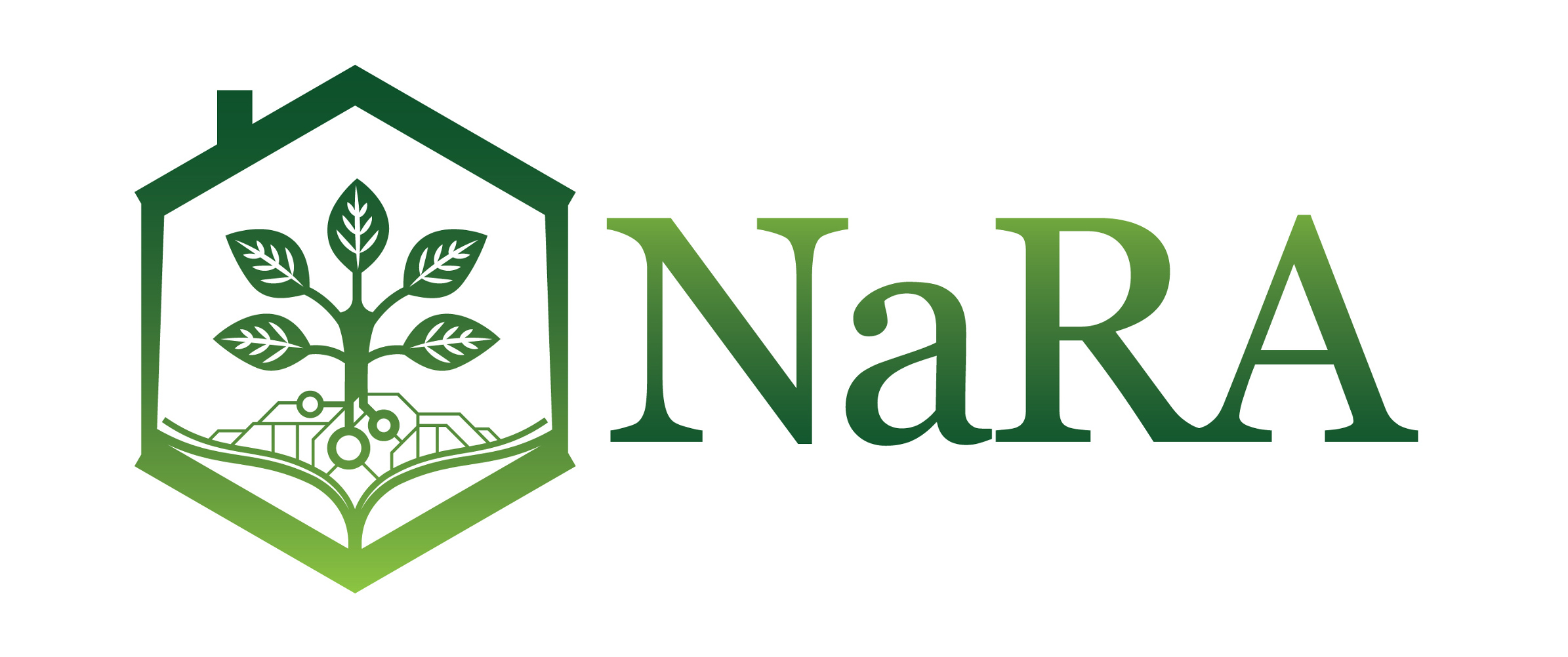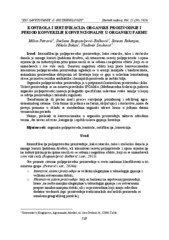| dc.contributor.author | Petrovic, Milun | |
| dc.contributor.author | Bogosavljevic-Boskovic, Snezana | |
| dc.contributor.author | Rakonjac, Simeon | |
| dc.contributor.author | Bokan, Nikola | |
| dc.contributor.author | Doskovic, Vladimir | |
| dc.date.accessioned | 2016-04-11T18:31:59Z | |
| dc.date.available | 2016-04-11T18:31:59Z | |
| dc.identifier.uri | http://arhiva.nara.ac.rs/handle/123456789/1690 | |
| dc.description.abstract | The intensification of agricultural production, both crop and livestock, has brought many benefits to human society , but the intensive development of agriculture and its orientation on industrial principles carry with them the negative effects, which were multiplied and increased more and more. The main negative effects are following conventional intensive agricultural production are reflected in: soil erosion and biodiversity, animal product obtained by animals that are grown under conditions of constant stress, the presence of residues of antibiotics and chemical crop protection products.
Organic farming is fully controlled production cycle. The conditions of production are based on rules IFOAM (International Federation of Organic Agriculture Movements) and they must be legally regulated and adapted to the specific conditions of each country in which the production takes place.
The transformation or transition means the process of developing a reliable and sustainable agro-economic system. The whole farm or farm unit, including livestock, is bound to change in accordance with the standards of organic foods in a given period of time.
The transition from conventional to organic production takes some time, depending on type, category and general conditions in animal breeding. | en |
| dc.description.abstract | Intenzifikacija poljoprivredne proizvodnje, kako ratarske, tako i stočarske donela je mnogo koristi ljudskom društvu, ali intenzivan razvoj poljoprivrede i njena orjentacija na industrijskim principima nosili su sa sobom i negativne efekte, koji su se umnožavali i sve više rasli. Osnovni negativni efekti koji prate konvencionalnu intenzivnu poljoprivrednu proizvodnju ogledaju se u eroziji zemljišta i biodiverziteta, animalnim proizvodima dobijenim od životinja koje se gaje u uslovima konstantnog stresa, prisustvu rezidua antibiotika i hemijskih proizvoda za zaštitu bilja.
Organska poljoprivredna proizvodnja je u potpunosti kontrolisan proizvodni ciklus. Uslovi proizvodnje se na osnovu pravilnika IFOAM-a (Međunarodna federacija pokreta organske poljoprivrede) moraju prilagoditi specifičnim uslovima svake zemlje u kojoj se odvija proizvodnja i zakonski regulisati.
Transformacija ili prelaz znači proces razvijanja pouzdanog i održivog agro-ekonomskog sistema. Cela farma ili jedinica na farmi, uključujući i stočarstvo, mora da pretrpi promene u skladu sa standardima organski zdrave hrane u jednom datom vremenskom periodu.
Naime, prelazak iz konvencionalne u organsku proizvodnju zahteva određeno vreme, što zavisi od vrste, kategorije i opštih uslova gajenja životinja. | sr |
| dc.subject | organic agriculture | en |
| dc.subject | control | en |
| dc.subject | certification | en |
| dc.subject | conversion | en |
| dc.subject | organska poljoprivreda | sr |
| dc.subject | kontrola | sr |
| dc.subject | sertifikacija | sr |
| dc.subject | konverzija | sr |
| dc.title | Kontrola i sertifikacija organske proizvodnje i period konverzije konvencionalne u organsku farmu | sr |



